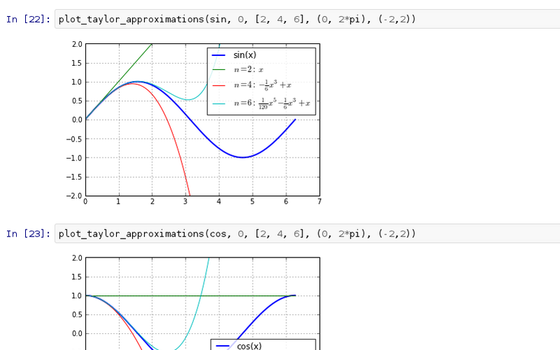I think of it more like the internals of an analogue phone. It sends the signal based on what the number dialed was. If an operator wasn't around to use it the system wouldn't be put to work.DaemonR wrote:That's exactly what an operating system does. It operates the computer. But in an even more abstract view, think of it like a telephone operator. The user (ie. the running process) requests the operator to be connected to a service (ie. a driver) and the operator establishes the connection.b.zaar wrote:I noticed but I'm not sure exactly why you make the distinction. I always picture an operator as a person, like a driver or pilot operating machinery
What would an operating system do as an operator without instructions from an outside source?DaemonR wrote:In abstraction, an operating system fulfills the role of a real life operator; and it's much easier to visualize what it does because an operator is something that exists within the real world. You are now able to apply real world knowledge to something you have little to no experience with.
I've always pictured the operating system something like BIOS or the C library, it's there to support my app. It has no function but to provide a nice layer to my app which provides a service to the operator. It's the lowest part of the software food chain and without an app it would sit idly.




